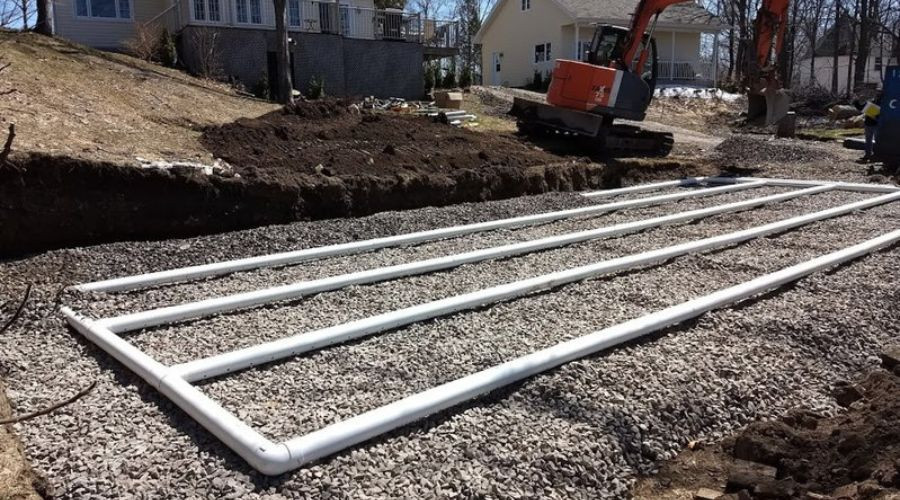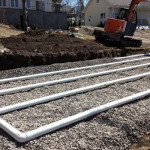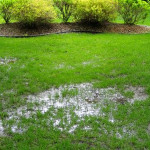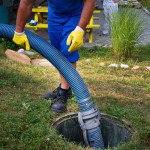Septic Systems 101
Living out in the country has a ton of benefits. Air is cleaner, and the neighborhoods are quieter. However, living farther out means living with fewer amenities, which can mean learning new responsibilities that most homeowners don't know about.
Caring for a septic system is a classic skill most rural homeowners must learn. Luckily, it doesn't have to be complicated. This article is a quick guide introducing the idea of septic systems to homeowners who may have never heard of them. Learning about these systems will better equip septic system owners to care for them and make them last longer with fewer problems.
What are Septic Systems?
While plumbing freshwater or well water can be easily done on a rural build site, dealing safely with the sewage presents another problem. Septic systems are an ingenious way of solving the sewage problem in areas that aren't serviced by municipal sewer systems. Septic systems are specifically designed to safely handle the sewage produced by a home and dispose of it in an environmentally-friendly way.
There are two main types of septic systems:
- Drain Field Septic System: Sewage flows into a large tank where solids settle to the bottom. Naturally-occurring bacteria break down biodegradable mass while allowing water to flow to a drain field. Over time, the matter is broken down so it flows out with excess water. The water is then absorbed into the soil in the drain field.
- Aerobic Septic System: A tank like a drain field septic system receives sewage. Air pumps circulate oxygen to cause solids to break down faster. Once solids are broken down, effluent is pumped through sprinklers onto a soil absorption field, reducing the level of sewage inside the tank.
Signs of Septic System Problems
 Septic systems are reliable and can last for years even when maintenance is neglected. However, when septic problems start, they can shut down a home until they are fixed. Some of the signs that septic systems are having trouble are:
Septic systems are reliable and can last for years even when maintenance is neglected. However, when septic problems start, they can shut down a home until they are fixed. Some of the signs that septic systems are having trouble are:
- Sewage backing up into the home
- Slow draining or flushing
- Bad odors seeping into the house or on the lawn
- Wet spots in the drain field
- Overgrowth of vegetation near drain fields
When these signs are noticed, one should call a plumber. Often septic system solutions can be as simple as pumping out the tank or cleaning out drain lines, but until these services are done, a home may not be able to safely dispose of its sewage.
Septic System Maintenance Tips
 Maintenance is the most tricky part of dealing with a septic system, but it's not difficult. With a few changes to habits and a good system of reminders, septic systems will last for decades with no problems. Remember to do things like:
Maintenance is the most tricky part of dealing with a septic system, but it's not difficult. With a few changes to habits and a good system of reminders, septic systems will last for decades with no problems. Remember to do things like:
- Keep all inorganic matter out of drains– this includes soaps and detergents with microbeads
- Use septic treatments to boost bacterial activity in the tank
- Schedule the tank to be pumped out every three to five years
- Use soaps and toilet paper that is labeled "septic safe" to ensure it gets broken down quickly
- Never flush wipes or feminine products
About All Clear Plumbing
All Clear Plumbing is a family-owned business committed to treating every customer like a family member. Their honest and professional technicians always offer customized advice to find the right solutions for their customers, whether they need plumbing repairs or septic service. Call today to schedule prompt plumbing service in Belleville, NJ.

































